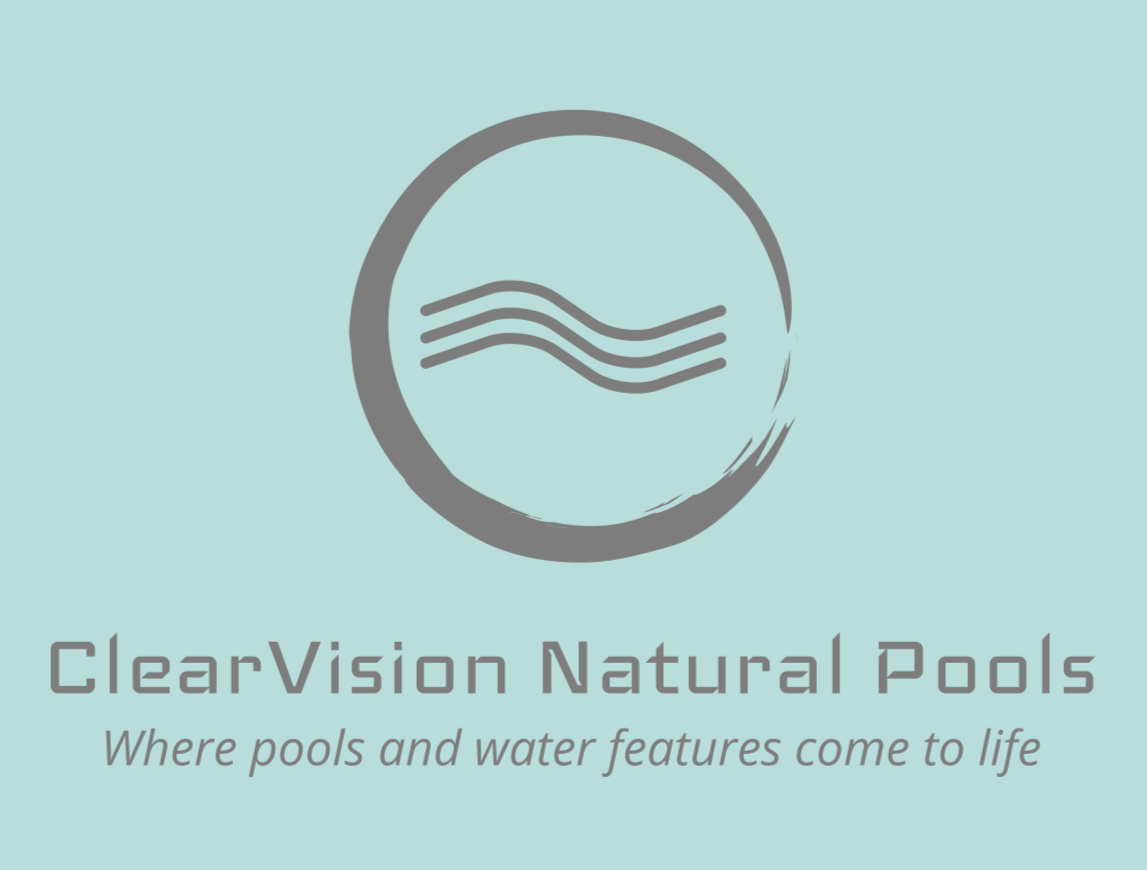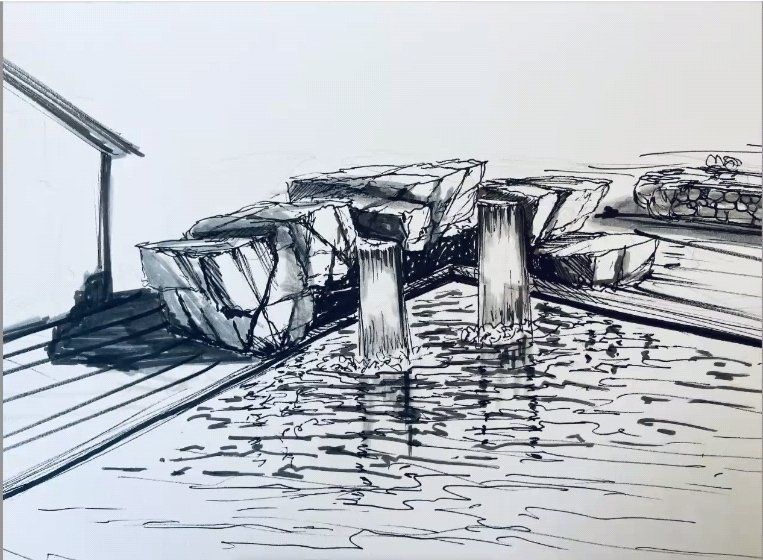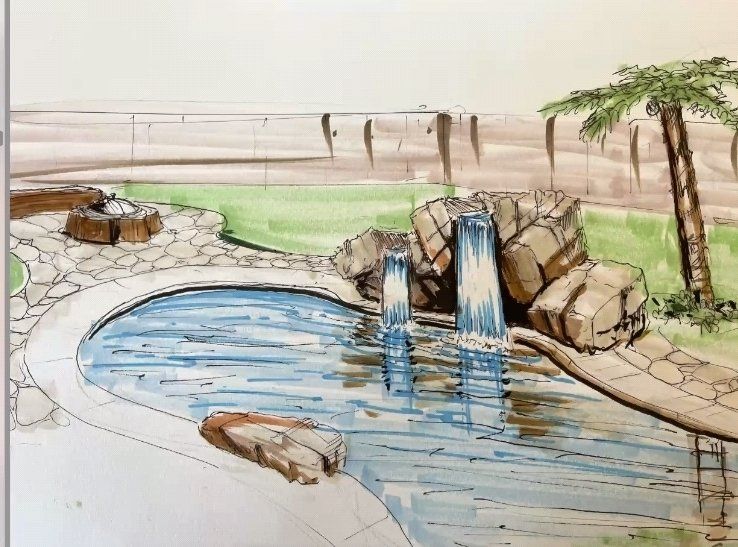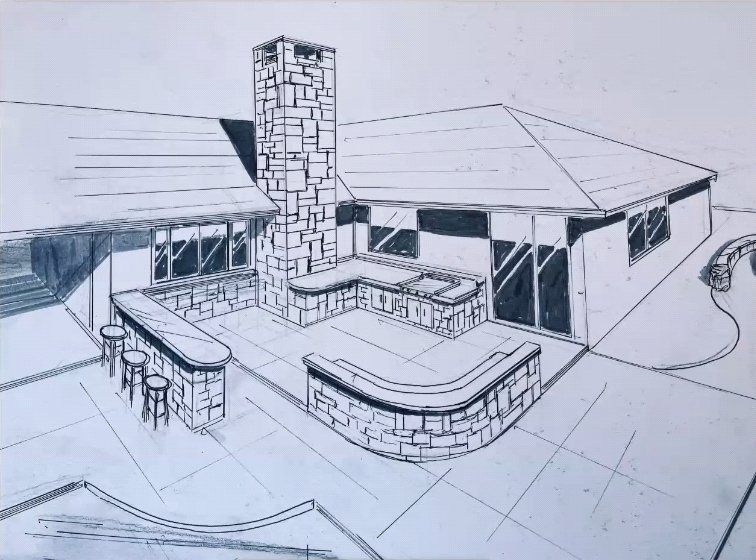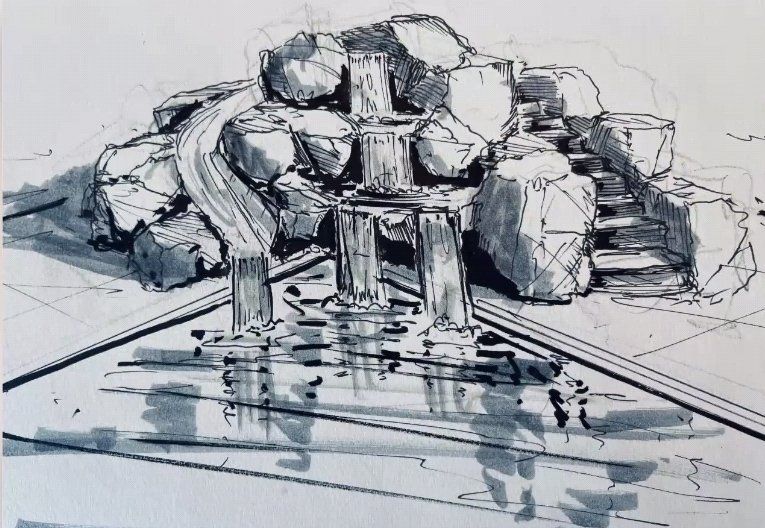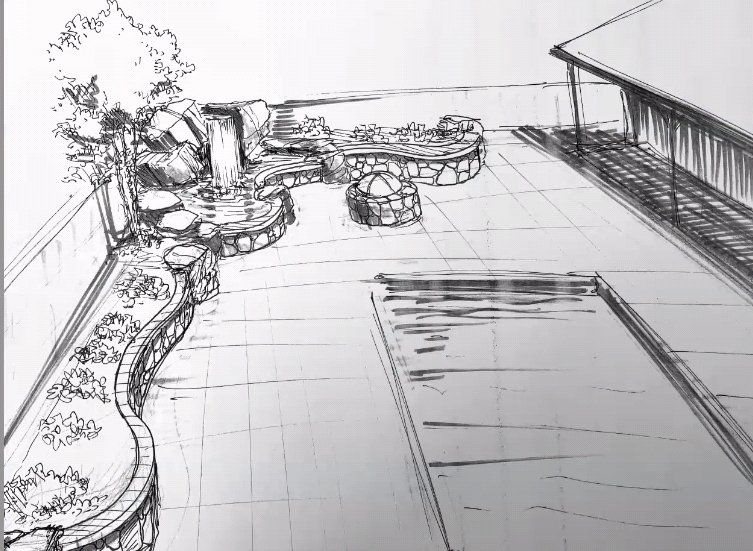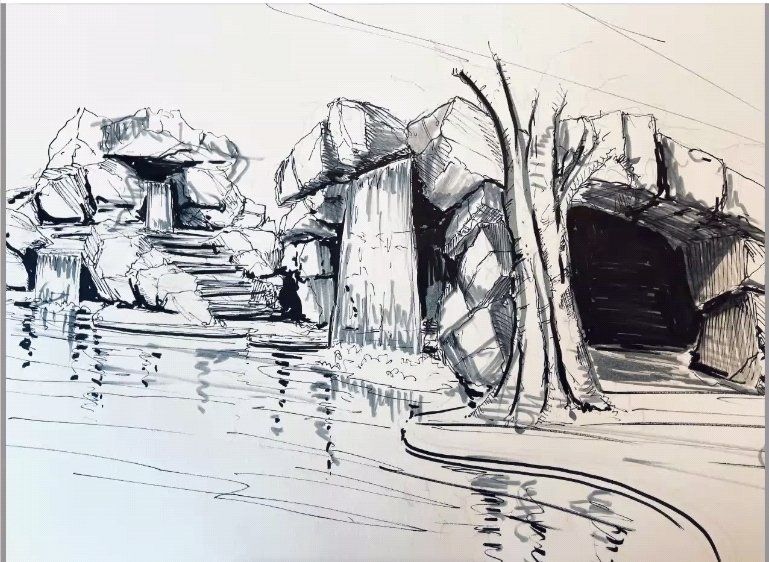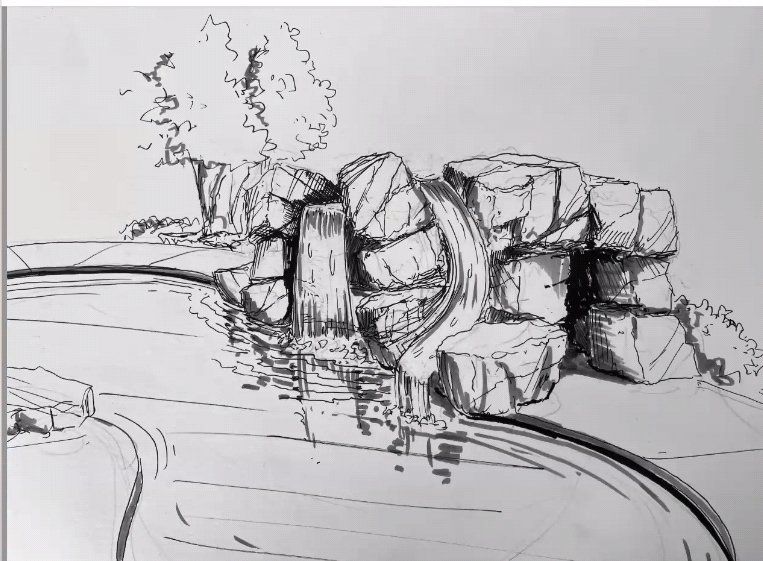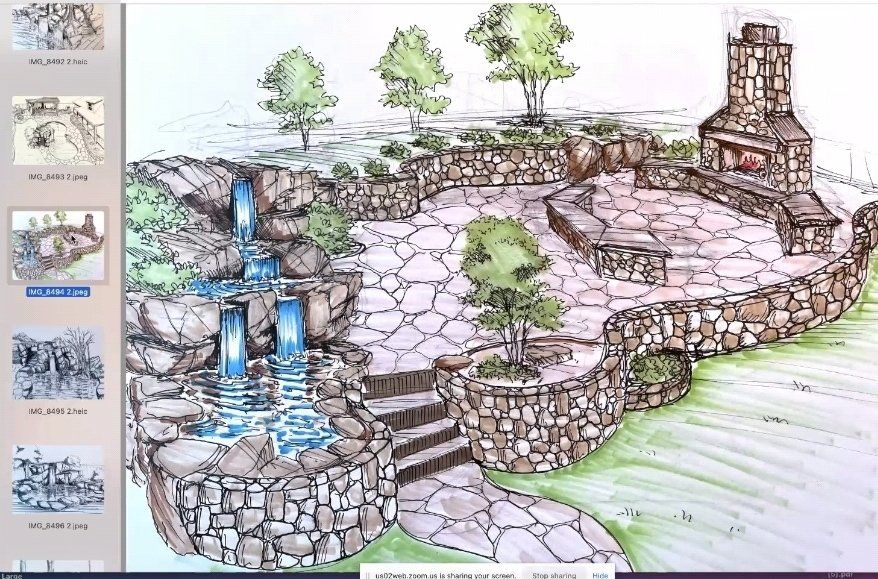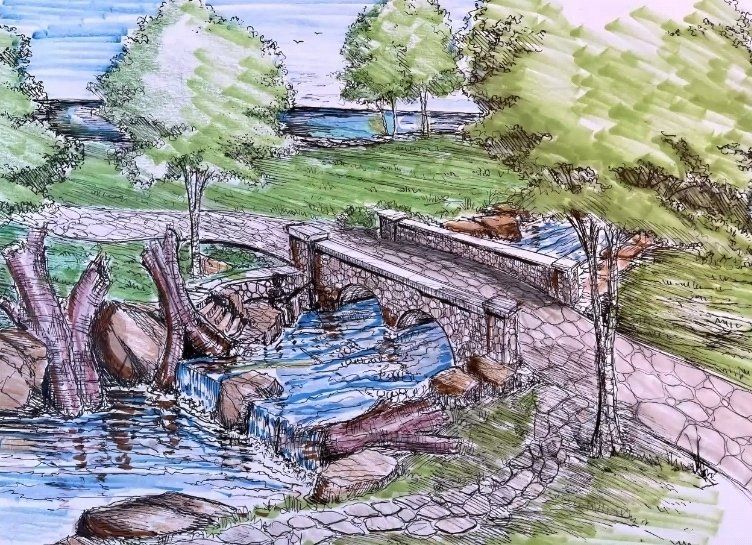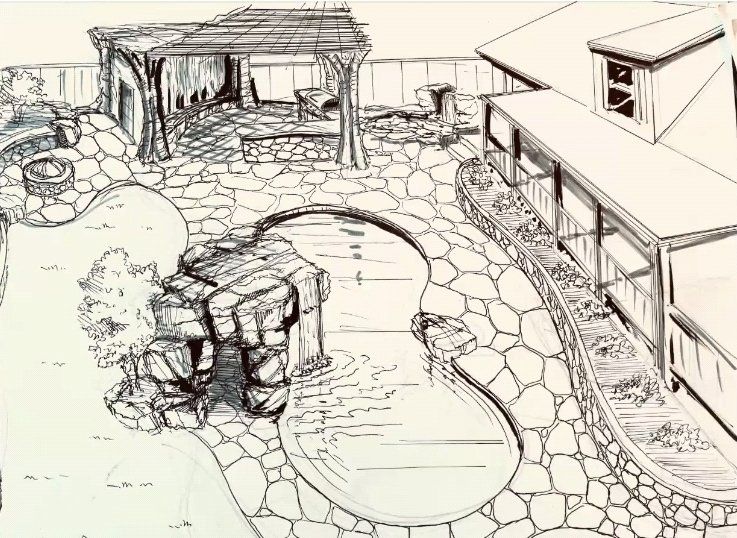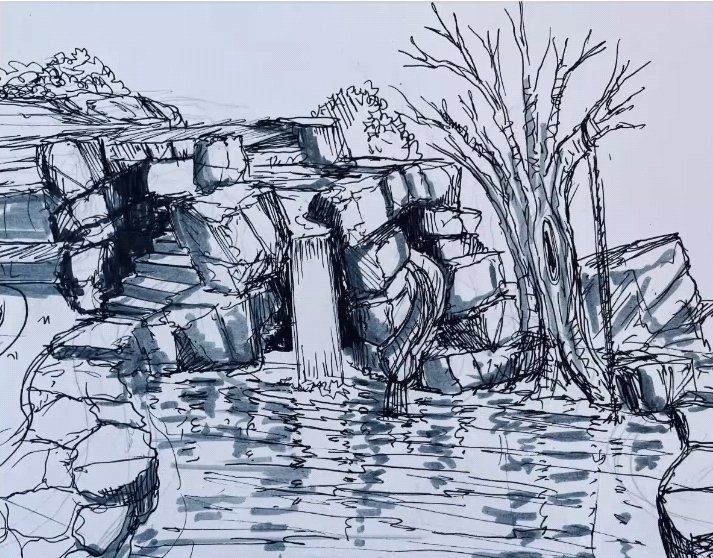CALL NOW (678) 414-5648
Located in Buford, Georgia
Serving Metro Atlanta
Natural Pools
Benefits of Natural Swimming Pools
Natural pools come in many shapes and sizes and can mimic the look and feel of a lake or pond, with sloped entries lined with stone, rock or clay instead of concrete. Unlike a traditional pool, you don't cover, drain or refill the pool in different seasons. In cold climates, natural pools can be used in the winter as mini ice rinks (if frozen solidly); pool owners in warm or tropical climates can install solar or alternative heating systems for year-round swimming.
Because natural pools are filtered and cleaned by water in motion, filter materials, and plant life, they deter pests. Snakes and frogs may be attracted to natural pools but typically won't stay long, as there will be no reliable source of food for them in the pool; however, occasional hand skimming of the natural pool might be required for unwanted visitors!
How Natural Swimming Pools Work
So, how does a pool without chlorine provide a natural swimming experience with a water quality equal to or above your community's standards for bathing water? Natural pools rely on filters and moving water to do all the heavy lifting. Natural pools are constructed with walls or membranes that keep out soil and silt. They can be created from scratch or converted from an existing in-ground pool system.
These pools use biological filters (such as natural shale) to absorb phosphates and promote the growth of "good" bacteria to eat algae and bad bacteria. A "regeneration zone" with plant life is built adjacent to the primary swimming area. The plants in the zone provide flora that acts as a natural filter for water from the swimming area, circulating in and out of the plant life and using a special pump or skimmer system. The water is always in motion, which helps prevent the growth of unwanted organic material. In warmer climates, natural filter materials may be installed into the pool itself, and hydroponic plants assist in the filtration system—and they also look pretty!
Plants Used in Natural Swimming Pools
In natural pools, many types of plants can provide oxygen and aid in water filtration. Plants can be classified into three natural pool environment categories: emergent, deep water-rooted, and floating plants. Some of the most commonly used plants in natural pools for temperate climates include water lilies, perennial grasses such as reeds like Sparganium or cattails, pond sedges, swamp hibiscus, and others.
Contact ClearVision Natural Pools today for your Natural Pool Installation Needs! (678) 414-5648
Get Inspired By Our Work
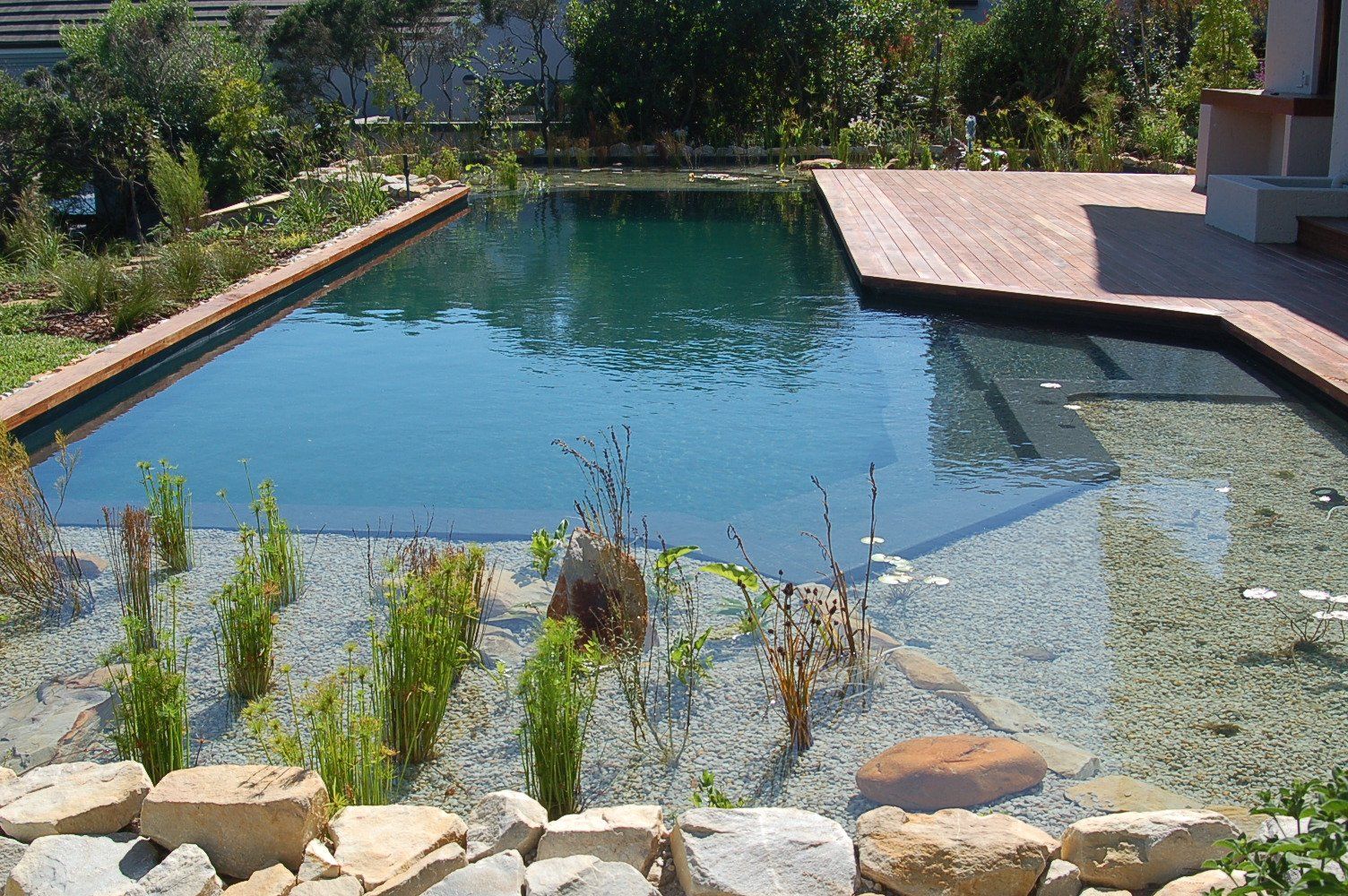
Slide title
Write your caption hereButton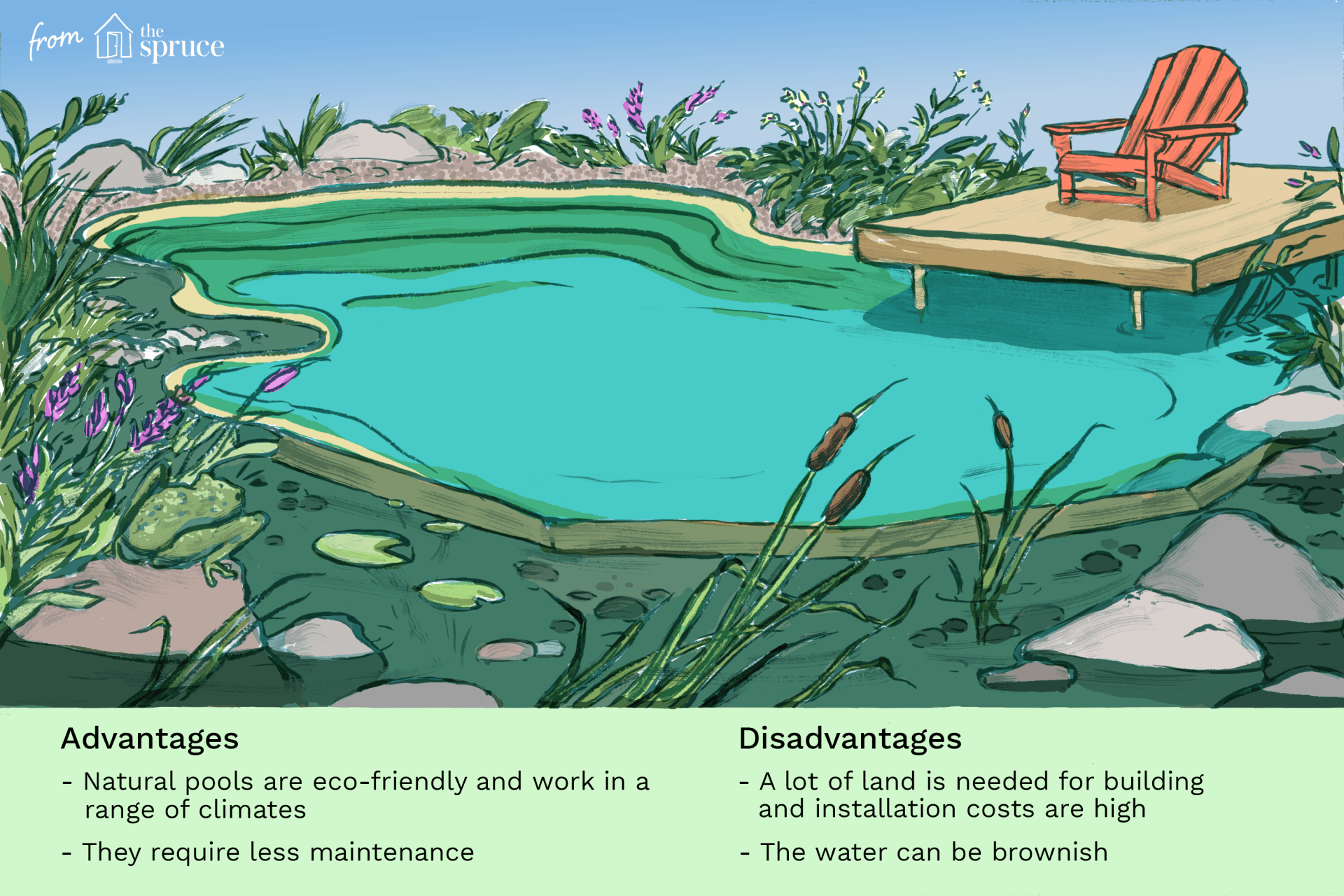
Slide title
Write your caption hereButton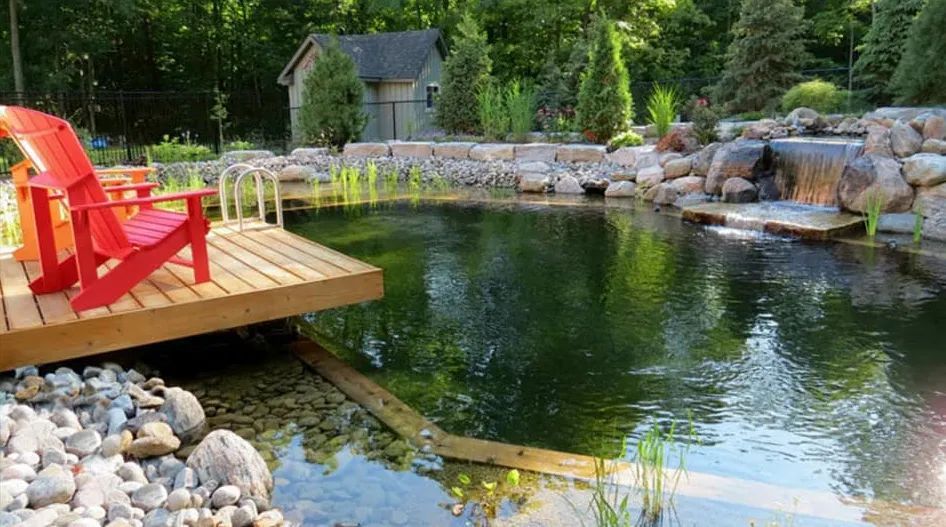
Slide title
Write your caption hereButton
Slide title
Write your caption hereButton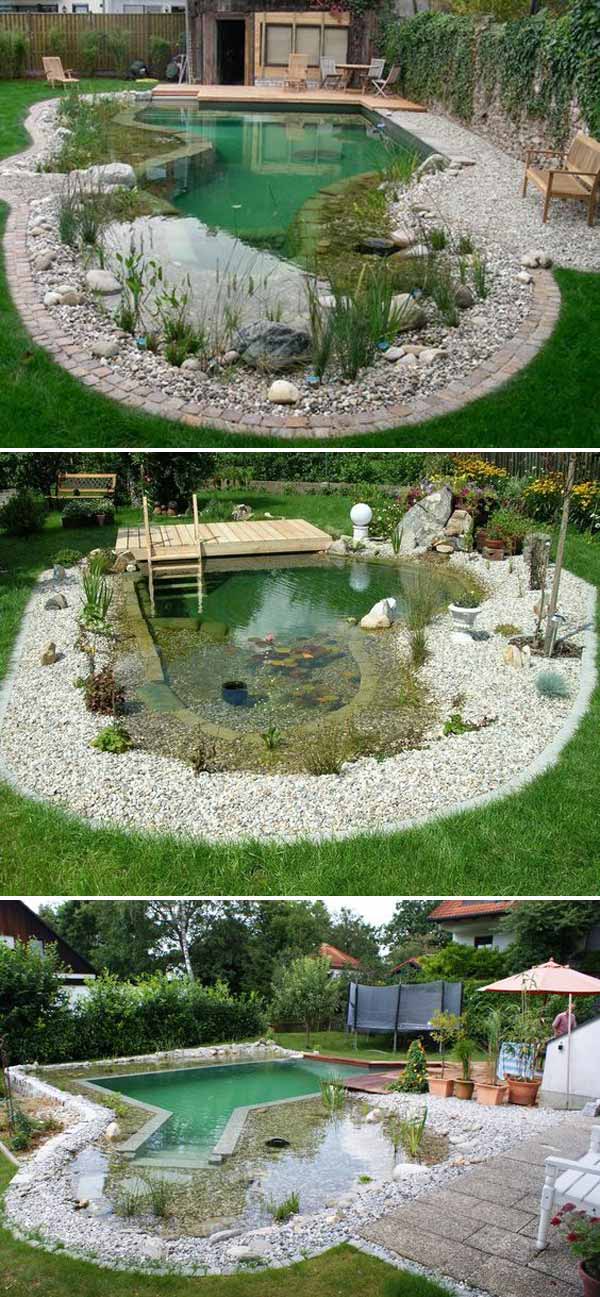
Slide title
Write your caption hereButton
Slide title
Write your caption hereButton
Slide title
Write your caption hereButton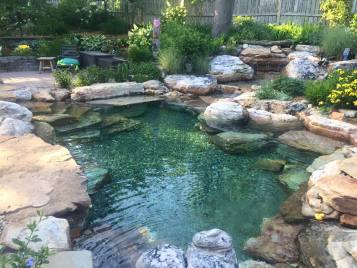
Slide title
Write your caption hereButton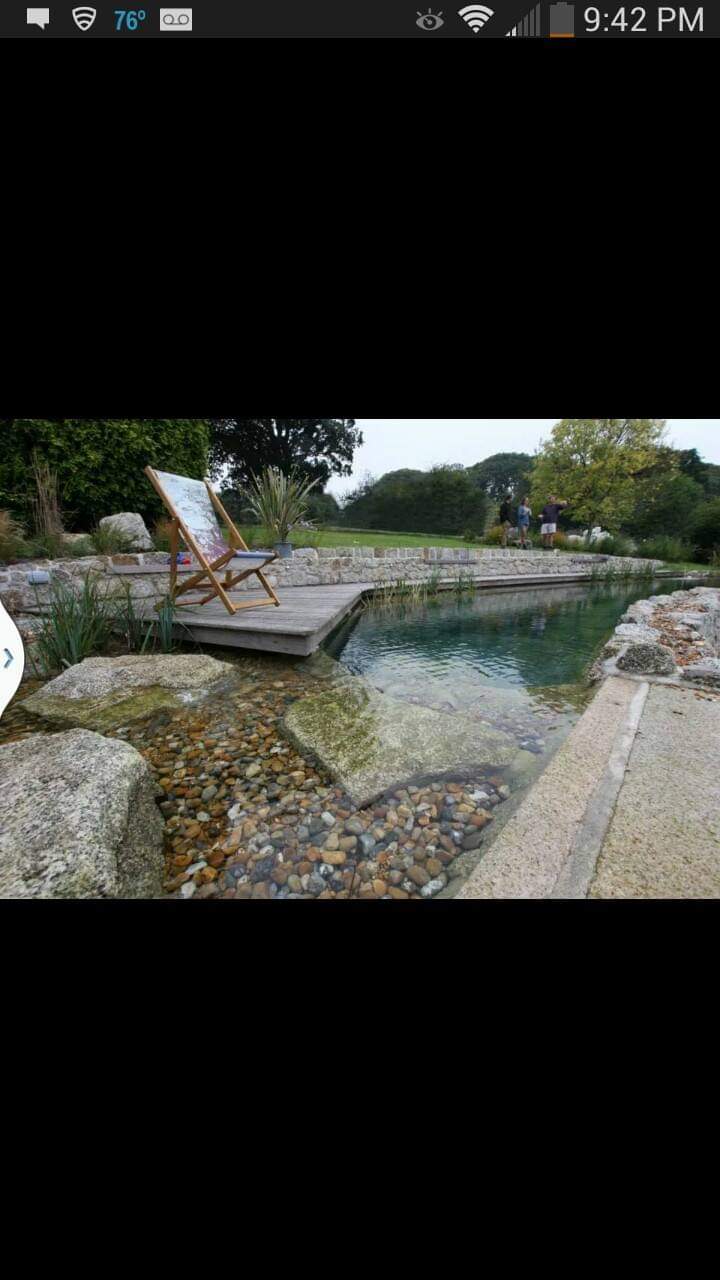
Slide title
Write your caption hereButton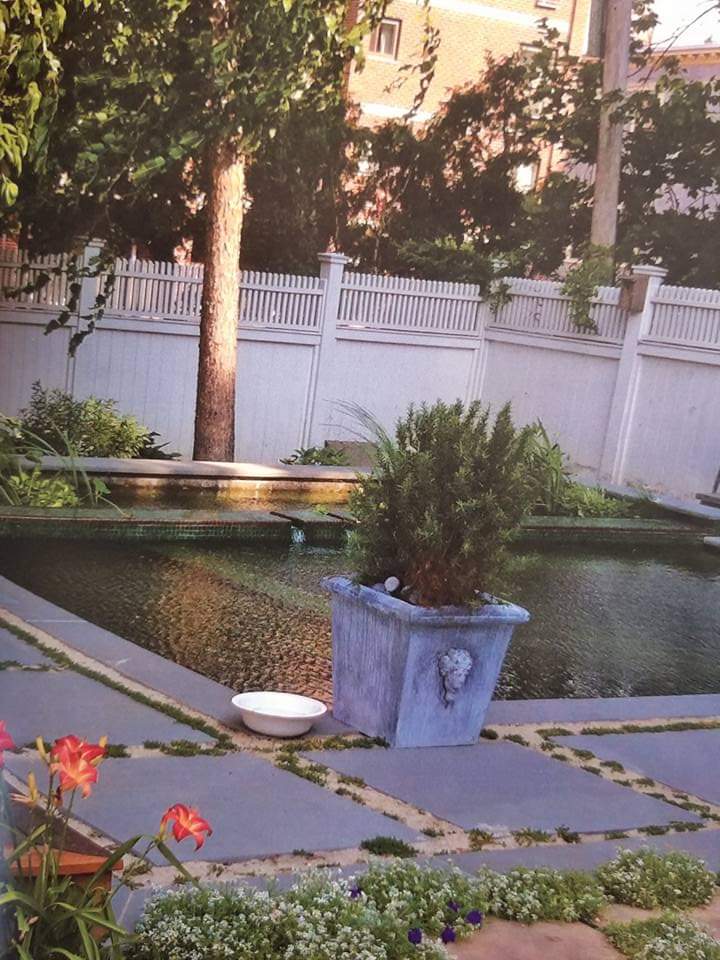
Slide title
Write your caption hereButton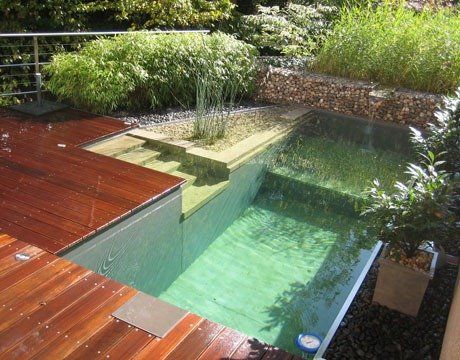
Slide title
Write your caption hereButton
Slide title
Write your caption hereButton
Browse Our Website
Business Hours
- Mon - Sat
- -
- Sunday
- Closed
